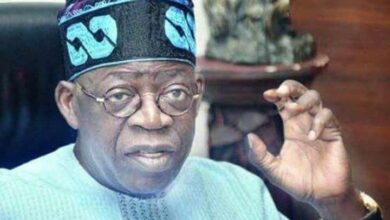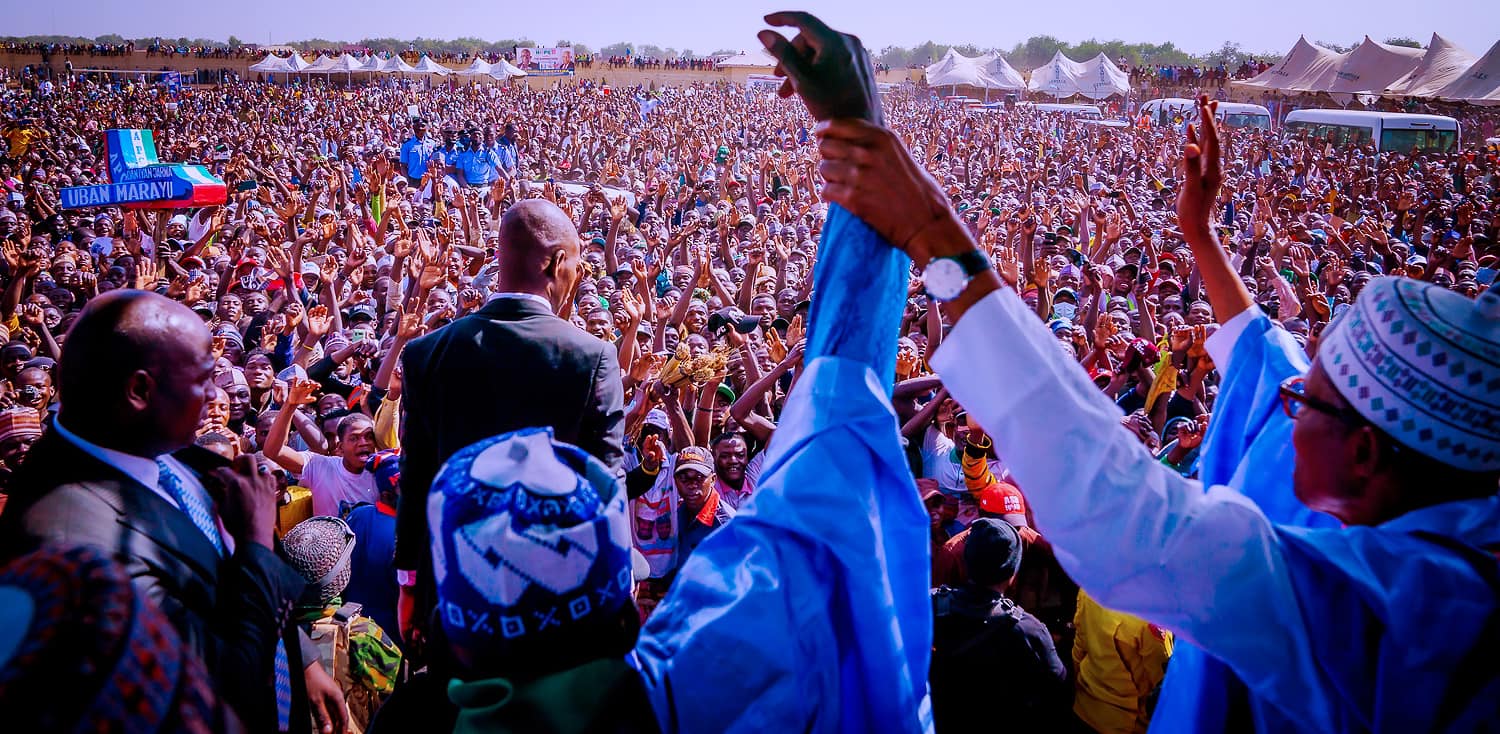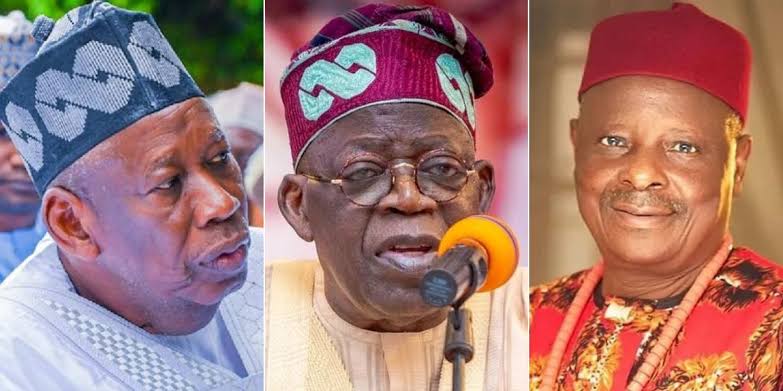When grievances are not addressed, violence occurs, Obasanjo recalls how Boko Haram went violent

Former President Olusegun Obasanjo has described violent extremism as one of the hindrances to democracy, preventing it from working and delivering as it should.
Obasanjo made this known during his remarks yesterday in Abuja, at the closing of a two day workshop on Preventing Violent Extremism; Effective Narratives and Messaging.

He said Boko Haram scaled up violent attacks after it was denied compensation for the killing of the sect leader, Mohammed Yusuf, as ordered by a court.
Obasanjo said when grievances are not immediately addressed, violence occurs, adding that, “They believe that what they are doing is the solution to what they perceive is the problem.”
He said, “The narrative of government authorities was to deal with it, with the stick, when the narrative became the stick, some of his followers went legal, they got compensation, government did not pay their members, they were being hunted and hounded, so they went into violence and that violence has not stopped.
“We did not have a stitch in time for Boko Haram, it has festered and gone beyond Maiduguri and Nigeria, and we have a monster, if we had tamed it much earlier, with the right narrative, with the right action, the story might have been different.”
He argued that violent extremism is one of the hindrances to democracy, preventing it from working as it should work, and preventing it from delivering as it should deliver.
He added that violent extremism does not spring overnight, noting that each person has some form of extremism in him.









